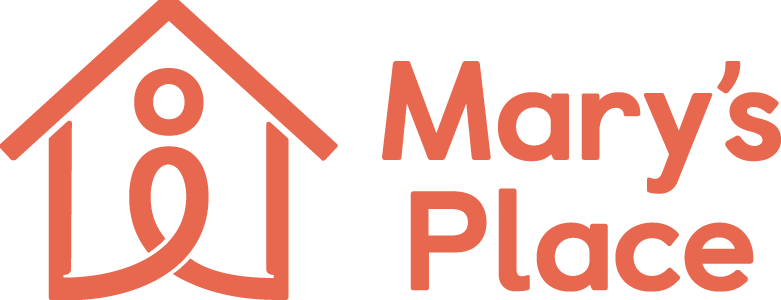breaking barriers, building stable financial futures
Too often, navigating the banking system, budgeting, and building credit can feel overwhelming. These skills are usually not taught in school and can be especially challenging for those whose native language isn’t English or who are unfamiliar with financial jargon. Financial literacy promotes independence and stability, builds generational wealth, protects against exploitation, reduces financial stress and anxiety, and ultimately opens up more opportunities, such as jobs, education, housing, and entrepreneurship—things that require financial confidence and stability.
That’s why we recently launched a Financial Literacy Class Series with one goal in mind: to break down accessibility barriers so that everyone—regardless of background or language—can gain the tools they need to feel confident and build a stable financial future. We partnered with Bank of America, Umpqua Bank, and Sound Credit Union in a collaborative effort to meet the diverse needs of families at Mary’s Place.
Across our shelter locations, 62 guests joined classes covering:
Basics of Banking – how to use checking and savings accounts, understand fees, and avoid common pitfalls
Smart Budgeting – simple, practical tips for managing money and planning for the future
Fraud Protection – how to recognize scams like fake job postings or phishing emails/texts, and protect personal information
We focused not only on the “how” but also the “why”, equipping our guests with knowledge they can use right away to support their long-term stability and housing success.
In this series, we brought in 10 incredible instructors who taught in a wide range of languages, including English, Spanish, Portuguese, French, Lingala, Amharic, Tigrinya, Marshallese, and Chuukese. Some instructors were bilingual, while others used Language Line interpretation services to ensure nothing got lost in translation. This was a game-changer—guests were engaged, confident, and empowered to ask questions and apply what they learned.
“Our goal with this pilot class series was to ensure every single guest could fully grasp the financial tools and protection strategies we were sharing. Being able to offer these classes in their native languages was critical to making that happen—and it will have a lasting impact,” shares Tyler Hutchinson, Economic Advancement Coordinator at Mary’s Place. “This pilot was just the beginning. By meeting people where they are—linguistically and culturally—we’re building a future where financial knowledge is a right, not a privilege. We’re excited to expand this model and continue working toward a world where every family has the tools they need to thrive.”
